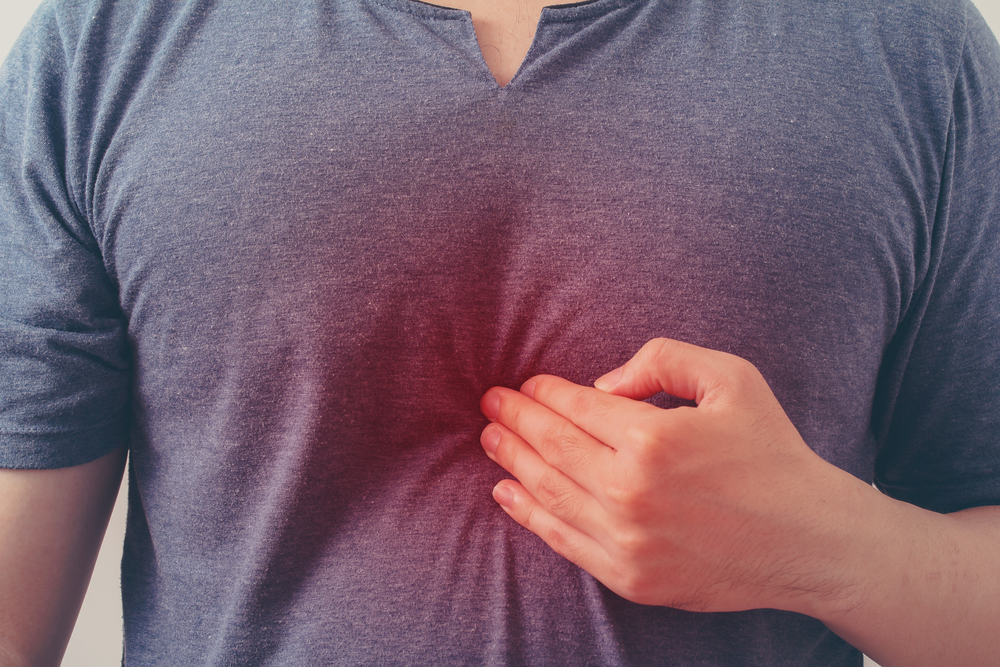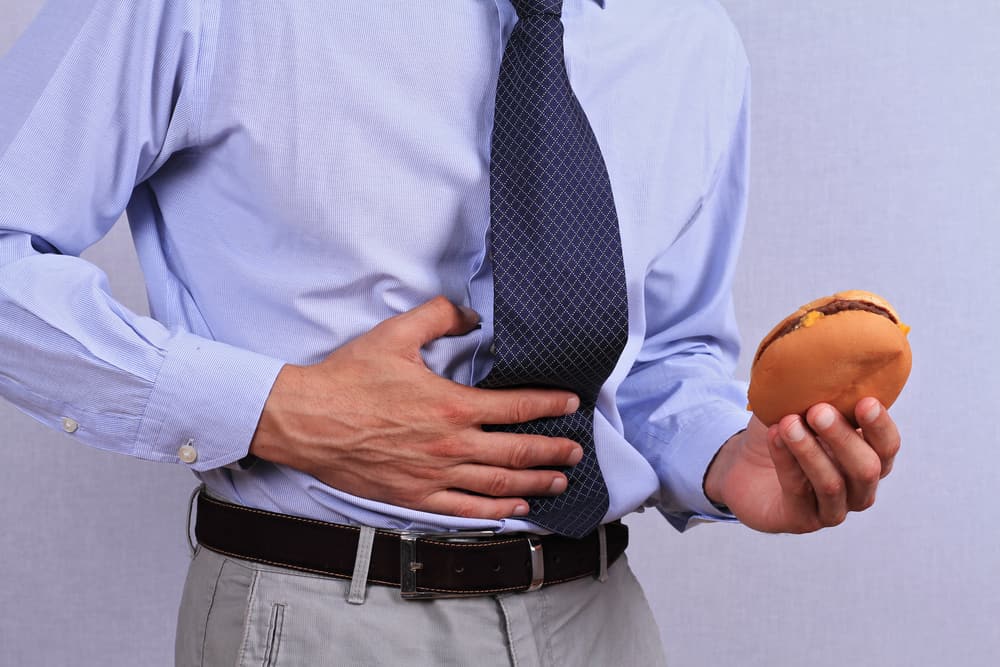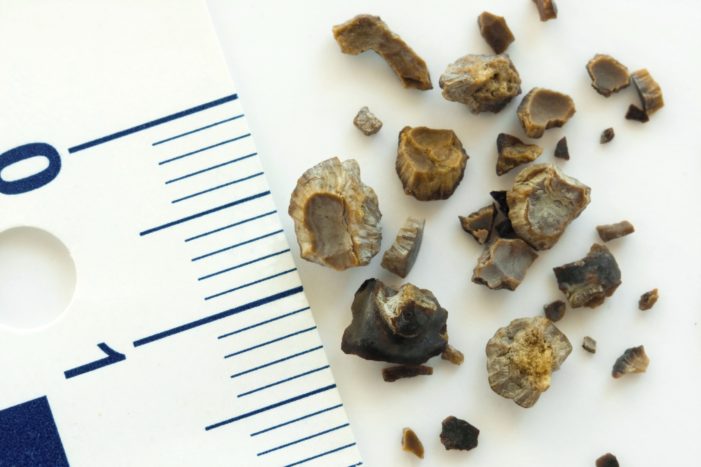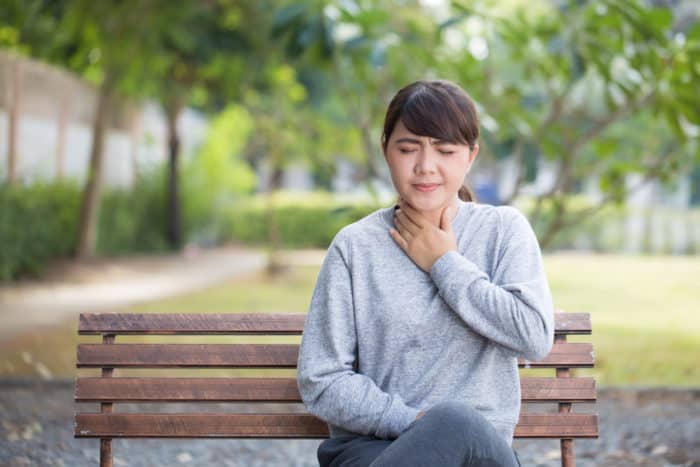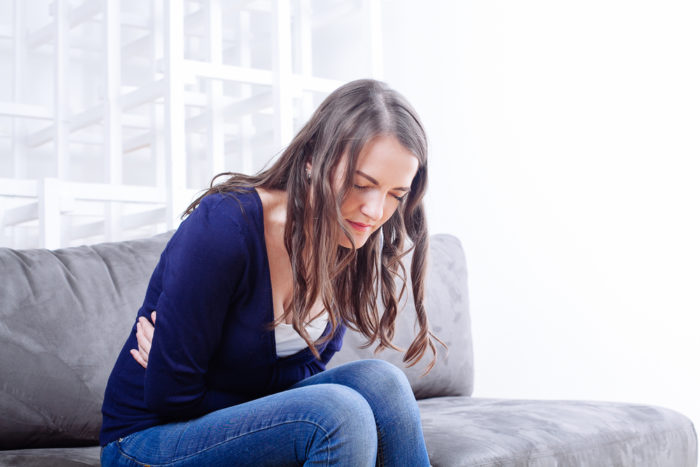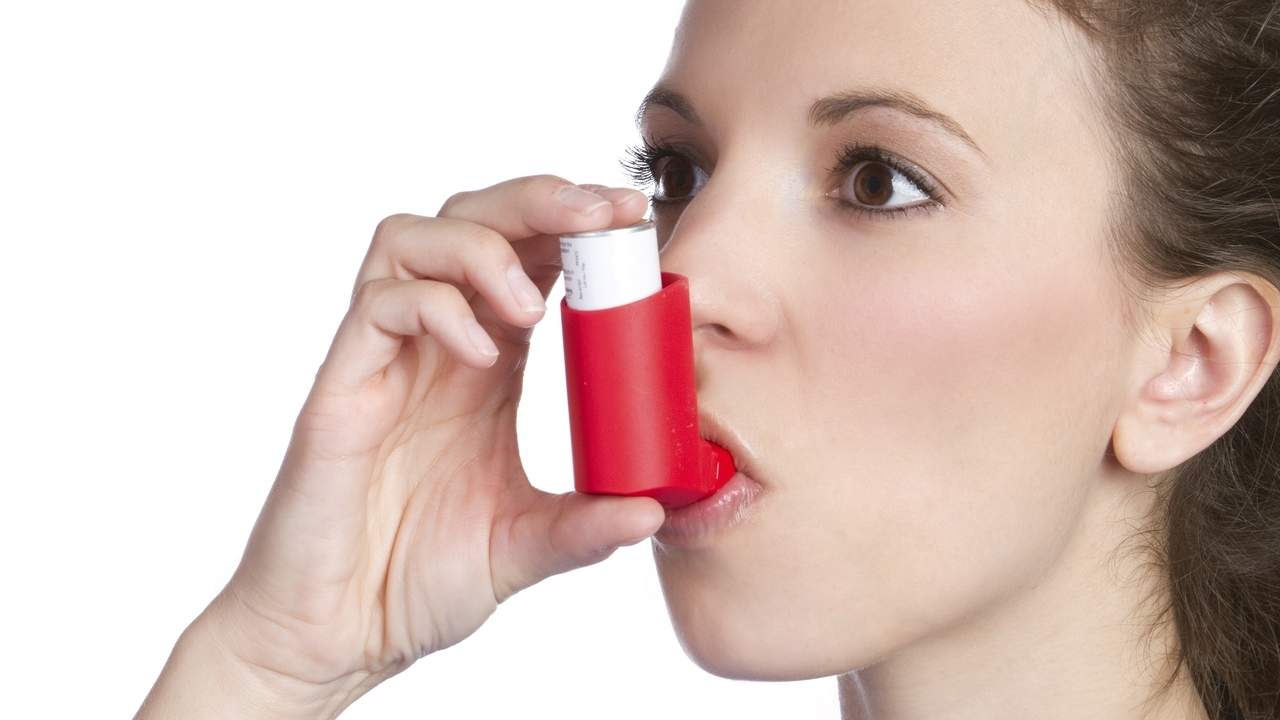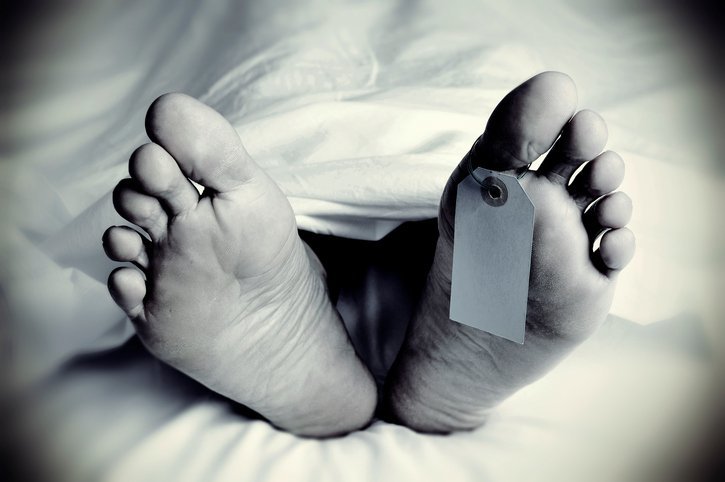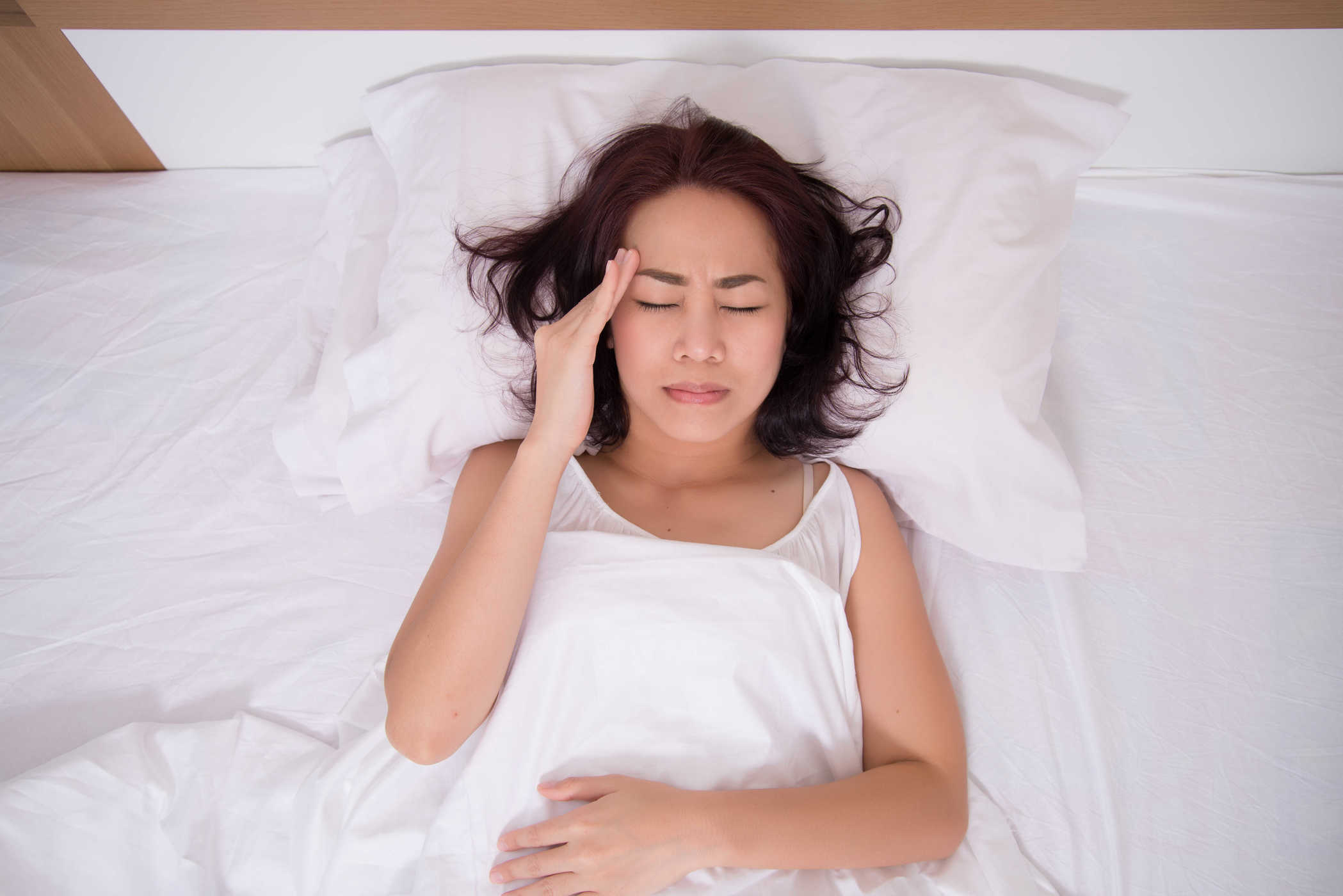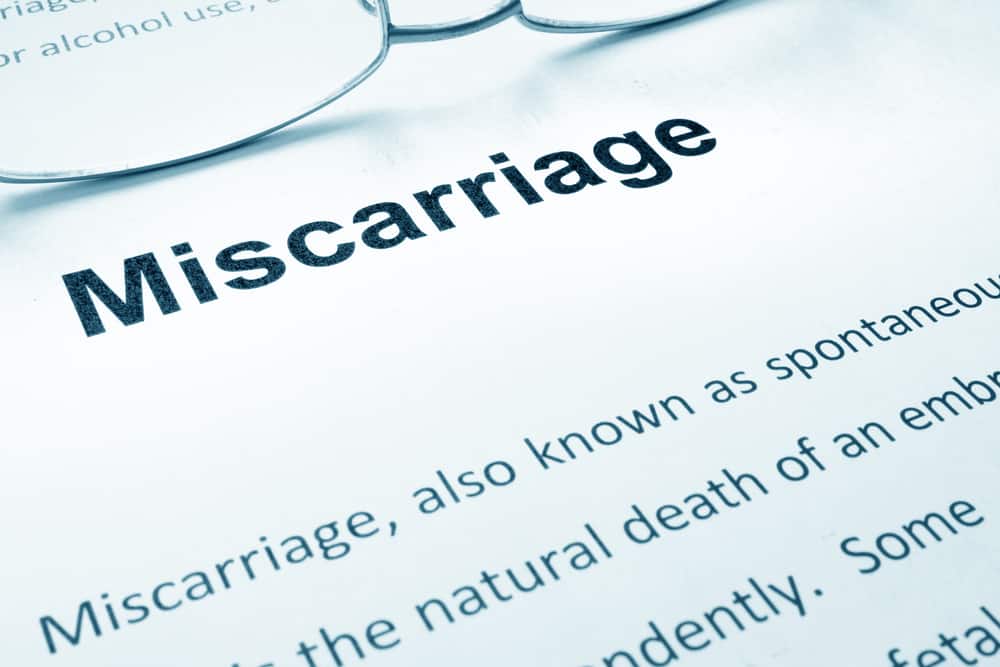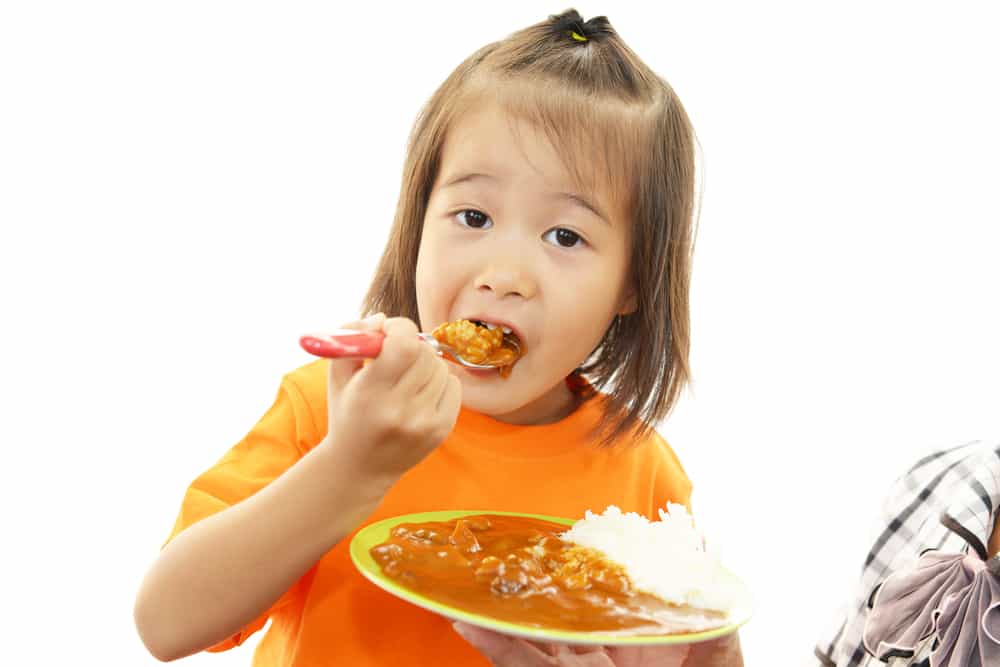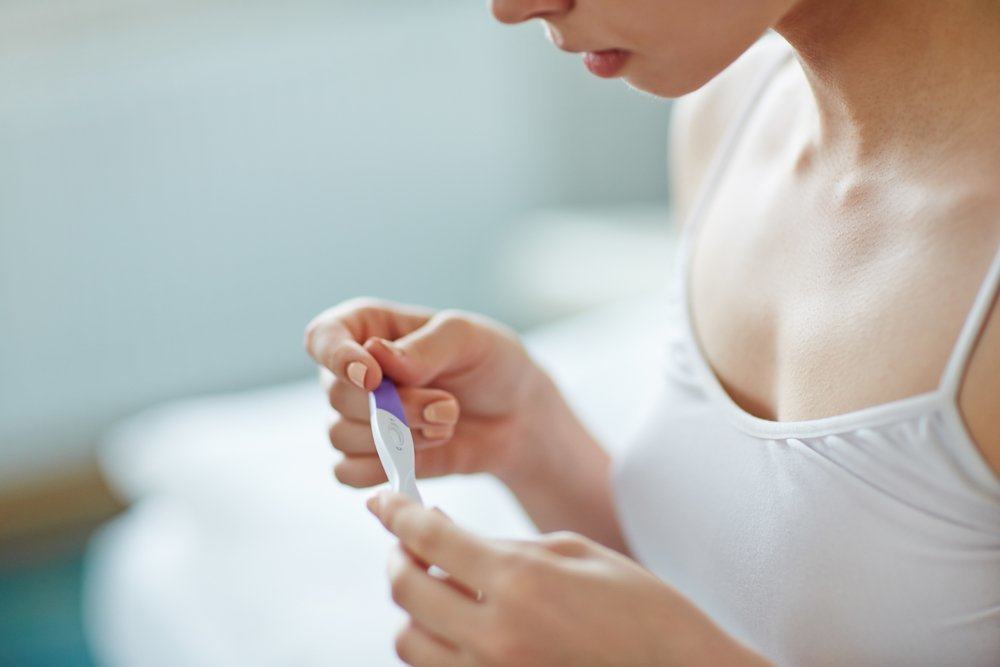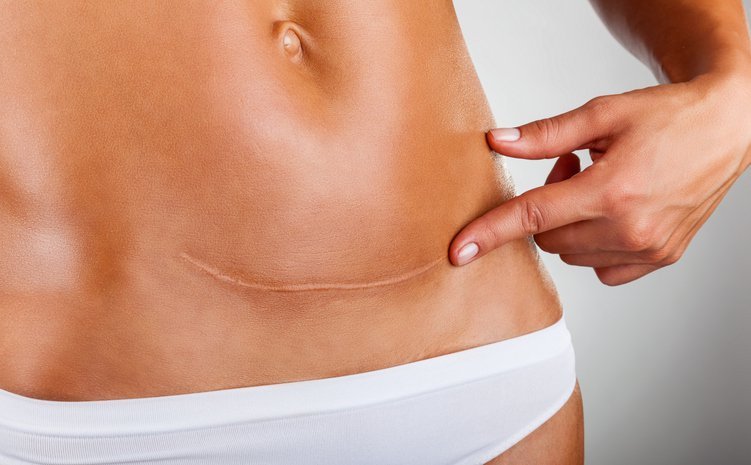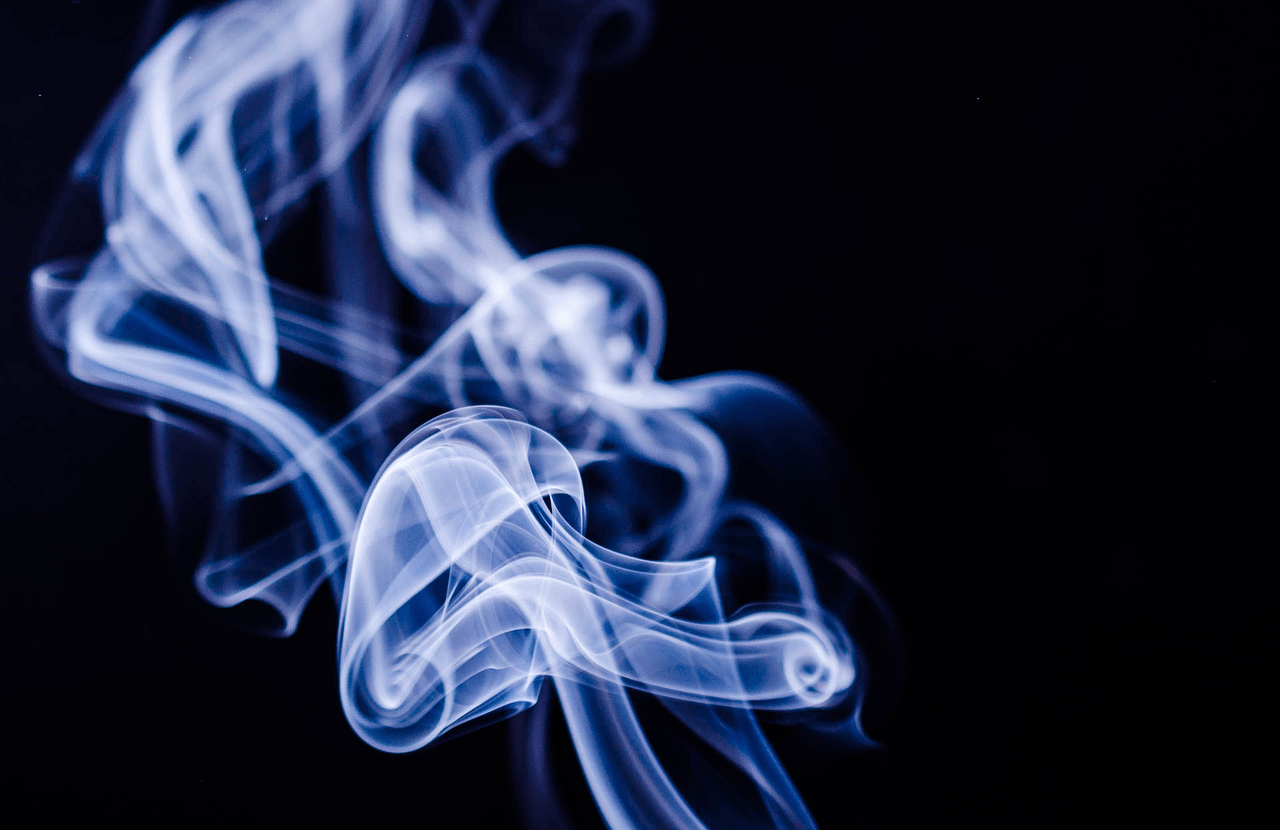Contents:
- Medical Video: Heartburn, Acid Reflux, GERD-Mayo Clinic
- In addition, the disease can also be a cause of pain in the pit of the stomach
- 1. Peptic ulcer or stomach
- 2. Gallstones
- 3. Preeclampsia in pregnant women
- 4. Inflammation of the esophagus (esophagitis)
- 5. Inflammation of the stomach (gastritis)
- 6. Pancreatitis
- Apart from being sick, sometimes the burning sensation often occurs after eating
- How to relieve heat or pain in the pit of the stomach after eating?
- 1. Don't lie down immediately
- 2. Wear loose clothes
- 3. Avoid cigarettes, alcohol, or caffeine
- 4. Elevate the head and upper body while lying down
- 5. Reduce eating fatty foods
- The sensation of heat and pain in the pit of the stomach will not subside after eating, should you worry?
- How to prevent pain in the pit of the stomach?
Medical Video: Heartburn, Acid Reflux, GERD-Mayo Clinic
Most people feel pain in the pit of the stomach right after eating a lot. Most likely this is caused by gastric acid reflux. If properly caused by an increase in stomach acid, heartburn is also accompanied by often belching, flatulence, or nausea. However, pain in the pit of the stomach can also indicate other health problems that are more serious and should not be underestimated. Consider the following review.
In addition, the disease can also be a cause of pain in the pit of the stomach
If you experience heartburn when you don't eat, or happens frequently, you should consult your doctor further. This complaint can indicate an illness or disorder in the organs around the area of the solar plexus, such as:
1. Peptic ulcer or stomach
Peptic ulcer or gastric ulcer is generally caused by H. pylori bacterial infection or excessive use of certain drugs, such as ibuprofen pain reliever. Either infection or side effects of ibuprofen can hurt the wall of the stomach or small intestine, which can cause pain that radiates to the pit of the stomach.
Apart from feeling pain in the pit of the stomach, the symptoms that arise from peptic ulcer are nausea, vomiting, abdominal pain, and feel full. In certain cases, peptic ulcers can cause internal bleeding. If this happens, you may also feel tired, weak, short of breath, and pale.
Although the following symptoms are associated with gastric ulcer, these symptoms may appear or may not appear. The worse the wound, the worse the following symptoms will affect you. The most common symptoms for gastric ulcers are heat and feeling pain in the upper or middle part of the stomach depending on where the ulcer is. Pain can increase when your stomach is empty and better after you eat.
Other symptoms include:
- Pain in the abdomen
- Do not want to eat because of illness
- Nausea or vomiting
- Bloated
- Belch or gastric acid reflux
- Nausea (heat sensation or pain in the pit of the stomach)
In severe cases, gastric ulcers can cause bleeding. You may be able to remove dark or black stools, or vomit blood that looks like coffee. Bleeding can occur from time to time or occur suddenly, causing life-threatening bleeding.
2. Gallstones
Gallstones blocking the gallbladder can cause pain in the pit of the stomach. Other symptoms include loss of appetite, nausea and vomiting, flatulence, high fever, yellow skin (jaundice), clay-colored faeces, and severe pain near the right side of the abdomen after eating.
There are 2 types of gallstones, namely:
- Cholesterol stone. This stone is yellow and mainly contains cholesterol which cannot be digested. This stone is the most common gallstone.
- Pigment stone. This stone is dark brown and black and mainly contains excessive bilirubin.
In most cases, gallstones must be treated surgically to remove the stone. You can prevent gallstones if you keep your weight in a normal range. You have to reduce fat, protein consumption, but increase fiber consumption to reduce cholesterol.
3. Preeclampsia in pregnant women
Reporting from Health Line, pregnant women are the most vulnerable group of people complaining of heartburn. The reason is, the fetus continues to grow as the pregnancy presses on the stomach, causing pain. In addition, changes in hormone levels during pregnancy can also affect the level of pain.
But if it keeps happening, pain in the pit of the stomach can become a sign of preeclampsia. In addition, the following are signs or symptoms of preeclampsia:
- Suddenly experience swelling of the face, feet, hands and eyes
- Blood pressure becomes very high, which is more than 140 / 90mmHg
- There is an increase in body weight in 1 or 2 days
- Pain in the upper abdomen
- Very severe headache
- Nausea and vomiting arise
- Blurred vision
- Decreased frequency and amount of urine
- There is protein in the urine (this is known after doing a urine check)
The effect of preeclampsia can be equally fatal to the mother and fetus. Therefore, you need close supervision from a doctor if you have been diagnosed. Some tests such as blood tests, urine tests, and blood pressure checks are needed to get the right diagnosis. But sometimes pregnant women who do not experience preeclampsia also experience these signs and symptoms, therefore it is important to see a doctor during pregnancy.
4. Inflammation of the esophagus (esophagitis)
Esophagitis is inflammation that occurs in the lining of the wall in the esophagus, the food channel pipe from the mouth to the stomach. This inflammation can be caused by an increase in heartburn, infection, and irritation as a side effect of using certain drugs. Certain immune system disorders can also cause this inflammation.
Other symptoms that occur other than heartburn are difficulty swallowing, burning around the chest or throat, a feeling of acid is not normal in your mouth.
Esophagitis can also cause pain during swallowing, difficulty swallowing, chest pain (especially behind the breastbone, which occurs when swallowing food), ingested food is trapped in the esophagus (food impaction), heartburn, and acid regurgitation. When untreated, esophagitis can result in the formation of scar tissue or bleeding.
5. Inflammation of the stomach (gastritis)
Inflammation of the stomach can be caused by infection with H. pylori bacteria, impaired immune system, or damage to certain organs in the stomach that continue.
Gastritis is also often referred to as an ulcer. Though ulcer is a term used by lay people to describe a condition with a collection of symptoms such as complaints of abdominal pain, nausea, vomiting, chest pain such as burning, bloating, bloating, and mouth feels sour.
So, ulcer itself is actually not a disease, but as a symptom that indicates the existence of certain diseases. Gastritis can develops into chronic in a short time or lasts for years depending on the treatment performed. The common symptoms that accompany it are chest discomfort or pain in the pit of the stomach, nausea, vomiting of blood that looks like coffee grounds, and black stools.
6. Pancreatitis
Pancreatitis is inflammation of the pancreas. In addition to pain in the pit of the stomach, other symptoms that arise are loss of appetite, abdominal pain, fever, acceleration of heart rate, and oily stools and strange smells.Other symptoms of acute pancreatitis include:
- Nausea or vomiting
- Diarrhea
- Indigestion
- Fever up to 38 degrees Celsius or more
- Increased pulse
- Jaundice
- Pain or swelling of the stomach
In the most severe cases, pancreatitis can cause bleeding, shock, and end in death.
If pain in the stomach often occurs or is followed by the above symptoms or even other symptoms that are not mentioned, immediately check with your doctor to get the right diagnosis and treatment. In general, changing eating habits to be healthier is the best step to reduce the recurrence of common heartburn.
Apart from being sick, sometimes the burning sensation often occurs after eating
Why can heat or pain in the pit of the stomach occur after eating? Look, when you swallow food, the food will pass through the esophagus so that it can go down to the stomach for digestion. This swallowing movement causes the muscles between the esophagus and stomach - known as the open esophageal sphincter, so that food and fluids can enter the stomach. When not swallowing, the sphincter will still close.
If the esophageal sphincter does not close completely after you swallow, acidic gastric contents can return to the esophagus. This reaction is called reflux. Sometimes, this stomach acid reaches the bottom of the esophagus, and causes a burning sensation in the pit of the stomach.
In addition, after a glut of eating a lot or eating super-spicy food, not infrequently the stomach becomes terrorized by the burning sensation right in the pit of the stomach. Usually this is also accompanied by a sour or bitter taste in the throat or mouth. This hot stomach sensation is often called heartburn.
How to relieve heat or pain in the pit of the stomach after eating?
Eating is a primary need, but if the consequences are to face the terror of heartburn and hot stomach, of course this will be very disturbing. However, don't worry. There are several ways you can relieve burning pain in the pit of the stomach.
1. Don't lie down immediately
What do you usually do immediately after eating? Yes, many of us are subject to drowsiness due to glut and finally choose to lying down after eating. However, you should first delay your desires. Directly lying down after eating can aggravate the hot stomach sensation.
If you feel sleepy after eating, you can take a short walk or do a variety of light activities for about 30 minutes. Washing dishes or walking around the complex might be a good choice. The best time to lie down is two hours after eating, avoid also eating snacks shortly before going to bed.
2. Wear loose clothes
Belts or other tight clothing can suppress the stomach, which worsens the burning sensation in the pit of the stomach. Loosen all tight clothing after eating or you can change clothes, wear a more loose shirt.
3. Avoid cigarettes, alcohol, or caffeine
For heavy smokers, smoking after eating is a sacred ritual that cannot be missed. Apparently, smoking after eating can actually aggravate the feeling of hot stomach. This is because smoking can weaken the performance of the muscles in the stomach which functions to prevent stomach acid from rising into the throat. Caffeine and alcohol will also have the same effect.
4. Elevate the head and upper body while lying down
Elevating your upper body by about 10-15 cm when lying down can prevent stomach acid reflux and hot stomach. When your upper body is raised, gravity will prevent the stomach contents from rising back into the esophagus. However, you need to be careful when blocking your body with a pile of pillows. Note that your body does not bend, because the bent body will increase the pressure in the stomach and actually increase the symptoms of stomach ache and a burning sensation in the pit of the stomach.
Sleeping with specially designed sunken pillows is also another option that is quite effective. Most pillows sold will increase your head, shoulders, and chest by 30-45 degrees, or 15-20 cm to prevent reflux. In addition, you can use this pillow in a slanted position or sleep on your back without worrying about pressing your neck or head.
5. Reduce eating fatty foods
In addition to changing habits after eating, it is also important to try to eat low-fat foods, because fat can worsen the symptoms of hot stomach and heartburn.
The sensation of heat and pain in the pit of the stomach will not subside after eating, should you worry?
If you do not feel an improvement, immediately consult a doctor.
Occasionally experiencing hot stomach and heartburn is a natural thing, but if you feel too much burning or pain in the pit of the stomach more than twice a week or the symptoms you experience actually worsen, immediately consult a doctor. Your doctor can help you by giving medication that suits your condition.
How to prevent pain in the pit of the stomach?
- Eat more regularly. One of the causes of acid rise in the stomach that will cause heartburn is an irregular eating pattern. Therefore, try to have the same meal every day. In addition, you are also advised not to eat two hours before going to bed because it can trigger acid to go up to the throat while sleeping.
- Avoid snacking between meals. This one habit can make digestion difficult to digest too much food. As a result, the body needs quite a long time to digest the food.
- Pay attention to food portions. The way to deal with other stomach pains is to pay attention to eating portions. Because eating in large portions can trigger reflux. To avoid starvation, you should eat more often but in smaller portions.
- Chew food properly. Although it looks trivial, this one method is important to note. Because this can help digestive enzymes process and digest food more easily, thereby reducing the risk of stomach acid rising or worsening the symptoms of pain in the pit of the stomach that you experience.
- Avoid drinking too much water when eating. Drink too much water in the middle of a meal can melt acid in the stomach and make the food you consume more difficult to digest.

